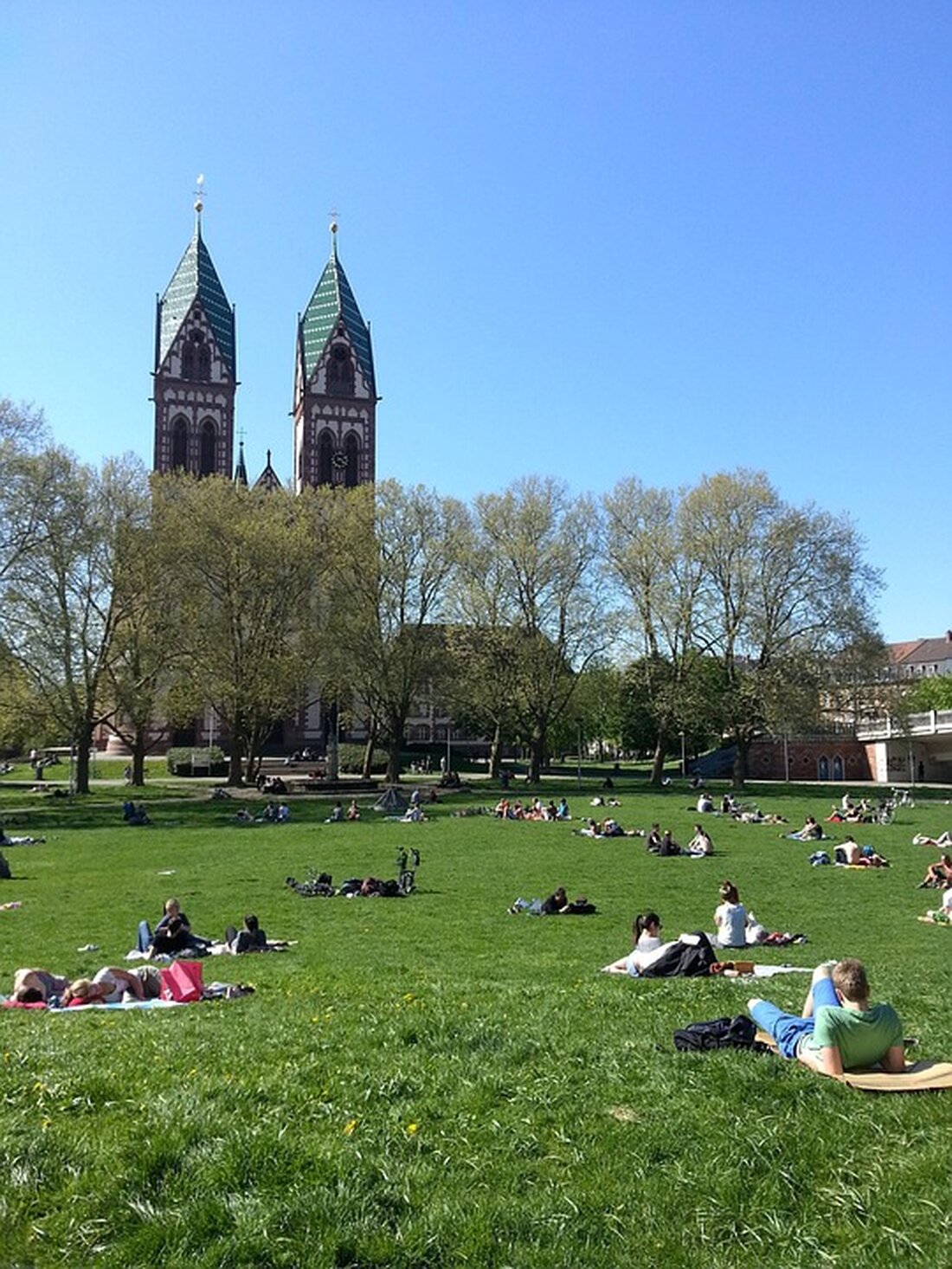Citizen money or doing nothing? RTL-Zwei shows the shocking lives of Janine and Nico
Nico and Janine, recipients of citizen's benefit, report on RTL Zwei about their life without work and the advantages of citizen's benefit.

Citizen money or doing nothing? RTL-Zwei shows the shocking lives of Janine and Nico
The current RTL Zwei social report “Poor Germany” highlights the lives of citizen benefit recipients Nico and Janine from Plau am See. The two have been dependent on state support for years and show an open aversion to regular work. Janine says: “I actually live for every day, let’s see what happens.” Neither feels the need to look for a job in their everyday lives. While Janine describes life without work as “chilling” and “sleeping whenever we want,” Nico describes the financial support as “great privileges.”
The episode of the report in which they comment on their way of life will be broadcast on RTL Zwei on May 6, 2025 at 8:15 p.m. However, it is emphasized that Nico and Janine are an exception among the citizens' benefit recipients; The majority of benefit recipients are eager to return to the labor market.
Citizens' money as a new basic security
Citizens' benefit has been in force since 2023 and is intended to replace unemployment benefit II, known as Hartz IV. The law will be implemented in two steps: January 1st and again July 1st. The aim is to improve the general conditions for those in need of help and to support them in returning to the labor market. According to current data, 5.3 million people in Germany were already receiving basic security according to SGB II in November 2022.
The draft law, which was passed with Union votes in November 2022, provides for numerous changes. From January 1, 2023, the standard rates will increase significantly:
| Size of the household | Old | Standard rate in euros |
|---|---|---|
| Single adults | – | 502 |
| couples | – | 451 each |
| teenagers | (14-17 years) | 420 |
| Children | (6-13 years) | 348 |
| Children | (under 6 years) | 318 |
Improvements and incentives
The increases in standard rates correspond to around 10 percent and are aligned with inflation. In addition, increased deferred assets are being introduced as part of the citizen's allowance: assets are only taken into account from 40,000 euros, and for each additional person in the household the allowance increases by 15,000 euros.
Another important aspect is the introduction of a further training allowance of 150 euros per month from July 1st. This is intended to promote opportunities for further professional development. In addition, a citizen's allowance bonus of 75 euros per month is granted to support measures for long-term employment. Support from the job centers will be intensified and a cooperation plan will be drawn up between job centers and benefit recipients.
Although citizen's money brings with it many improvements, sanctions for breaches of duty remain possible. A three-tier system is used. The political dispute over citizens' money previously led to a compromise in the mediation committee on November 23rd.
However, citizen's benefit only applies to employable people in need of help between the ages of 15 and the standard retirement age. People whose pension is not sufficient or who are not able to work receive basic security in accordance with Book Twelfth of the Social Security Code.
For many recipients of citizens' benefit, the question arises as to how they will perceive the new regulations and how these will affect their way of life. It remains important for Nico and Janine to maintain the lifestyle they have built for themselves.

 Suche
Suche
 Mein Konto
Mein Konto